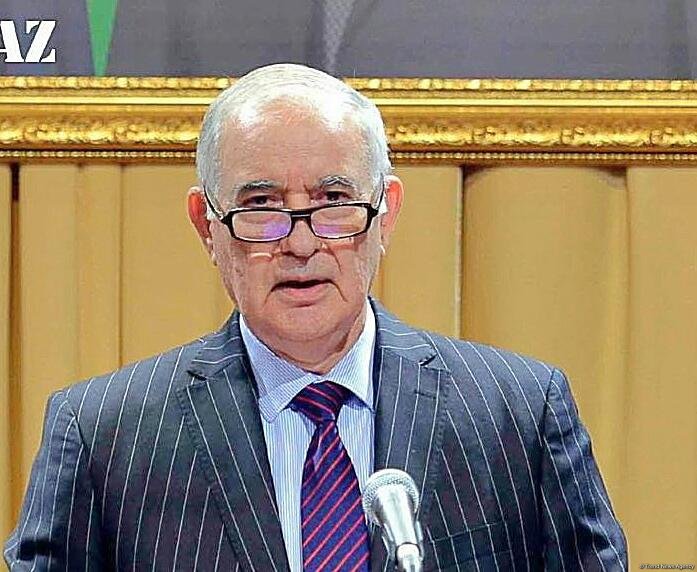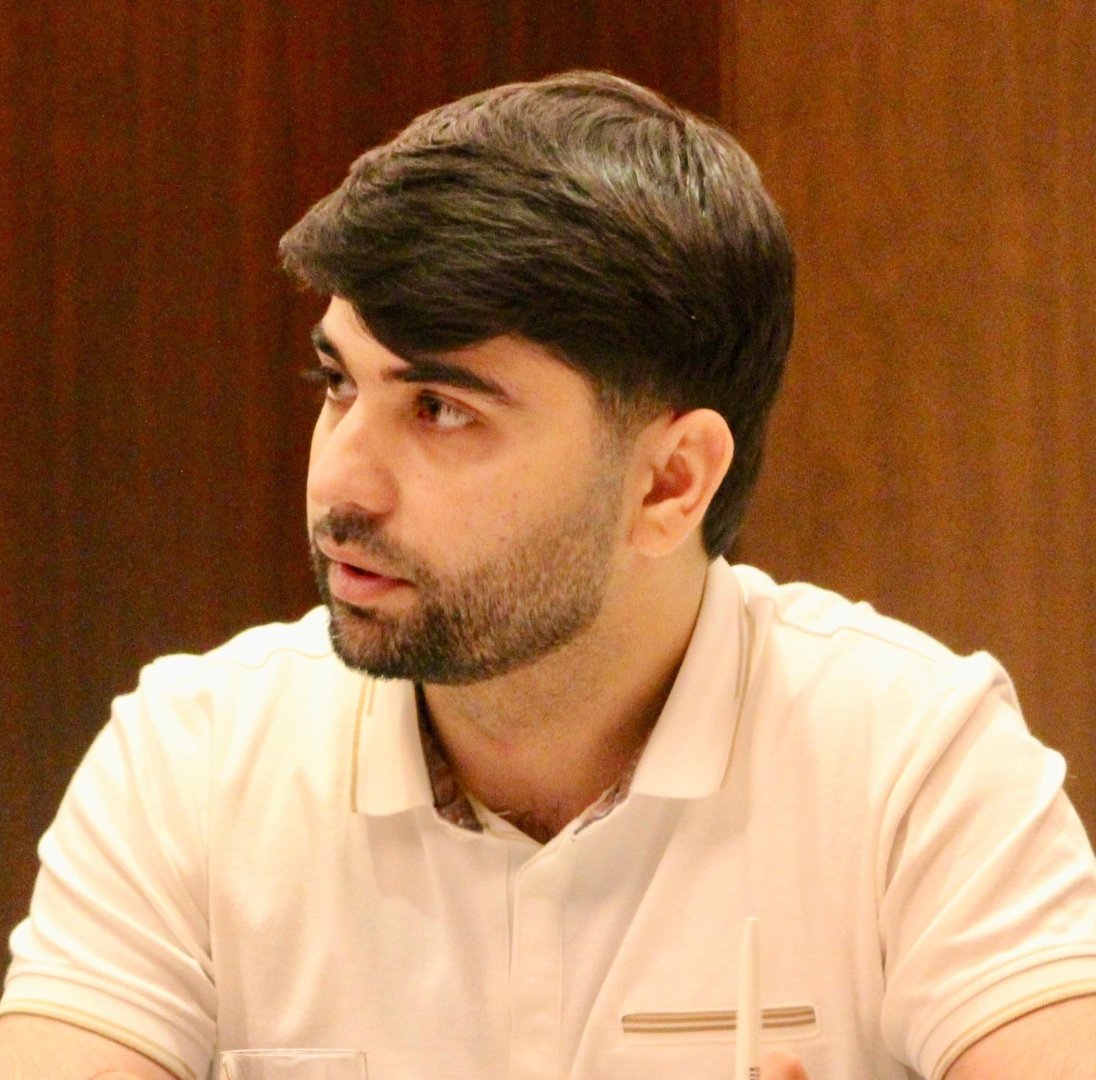BAKU, Azerbaijan, April 1. The massacres organized by the Bolsheviks and Armenian armed groups from March through April 1918 have remained one of the most tragic events in Azerbaijan's history, political analyst Azer Garayev told Trend.
He noted that these events, particularly in Baku, Shamakhi, Guba, Karabakh, Zangezur, Nakhchivan, and other regions, resulted in large-scale genocides.
"In March 1918, under the orders of the Baku Soviet and its leader, Stepan Shaumyan, Armenian Dashnak militants carried out mass slaughters against civil Azerbaijanis.
From March 30 through April 2, thousands of Azerbaijanis were killed in Baku, and mosques and residential areas were burned. At the same time, in the Shamakhi district, an Armenian Dashnak-led massacre completely destroyed 58 villages, and more than 7,000 civilians, including women, children, and the elderly, were killed. The brutality of these massacres was such that the Armenian militants tried to erase the traces of their crimes by burning the bodies of the murdered Azerbaijanis.
Moreover, Armenian Dashnaks and other armed groups attacked the Guba region, looted villages, and killed thousands of Azerbaijanis. The Guba Mass Grave remains one of the most painful pieces of evidence of this tragedy. In Karabakh, Zangezur, Nakhchivan, and other regions, Armenian armed groups also committed massacres, killing thousands of civilians, burning villages, and destroying homes.
In total, as a result of the genocide in 1918, more than 20,000 Azerbaijanis lost their lives, thousands were injured, and more than 115 villages and cities were completely destroyed. This left indelible scars in the memory of the Azerbaijani people," he noted.
The political scientist emphasized that the March 31 genocide is one of the darkest chapters in the history of the Azerbaijani people.
"In 1998, National Leader Heydar Aliyev declared March 31 as 'Azerbaijanis’ Genocide Day,' ensuring that this tragedy would be remembered in the historical memory of the Azerbaijani people. Today, the Azerbaijani government and non-governmental organizations continue to carry out extensive work for the recognition of this genocide and its awareness in the international community. Every year, memorial events are organized on the anniversary of the March 31 genocide to honor the memory of the martyrs.
The Azerbaijani government also provides financial support for scientific research related to the genocide, prepares documentary films, and organizes relevant exhibitions. Additionally, on December 30, 2009, President Ilham Aliyev signed a decree on the establishment of the 'Genocide Memorial Complex' in Guba city to highlight the territorial claims and aggressive policies of Armenian nationalists against Azerbaijan, expose their bloody crimes to the world, protect the national memory of future generations, and immortalize the memory of the victims of the genocide.
The Guba Genocide Memorial Complex was inaugurated on September 18, 2013. The Azerbaijani government continues to make efforts to ensure that this historical tragedy is recognized internationally," Garayev added.
Garayev expressed regret that the international community remains indifferent to this tragedy.
"While many genocides are recognized worldwide, the March 31 genocide has yet to receive the necessary international legal acknowledgment. As Armenia’s fraudulent 'Armenian genocide' claims dominate world politics, real genocides committed against Azerbaijanis are ignored. These double standards are one of the main problems faced by Azerbaijani diplomacy.
Nevertheless, the Azerbaijani government will continue its efforts to convey historical truths to the world. The March 31 genocide is an unforgettable tragedy in the history of the Azerbaijani people. The Azerbaijani government and society will continue their efforts to ensure that this historical event is recognized globally. It's crucial for international organizations and states to approach this issue with fairness. The dissemination of the truth and its transmission to future generations are key responsibilities to ensure that the crimes committed by the Armenians a century ago are not forgotten," the analyst concluded.
Stay up-to-date with more news on Trend News Agency's WhatsApp channel







